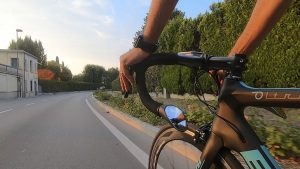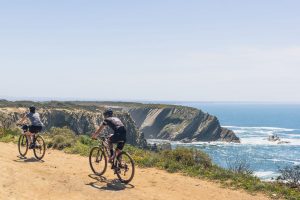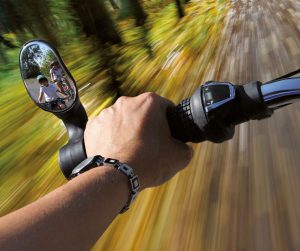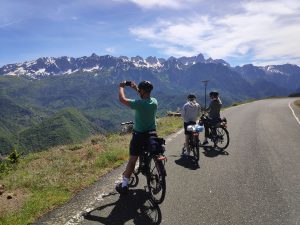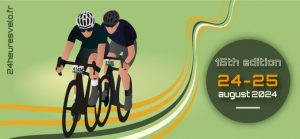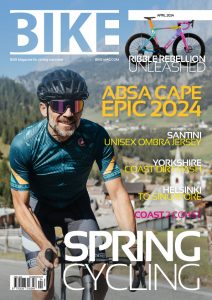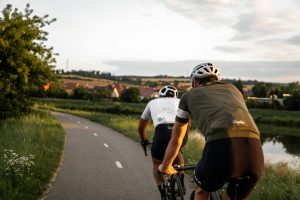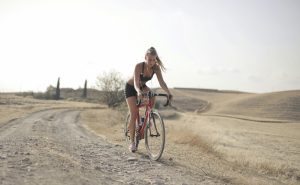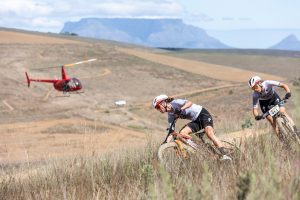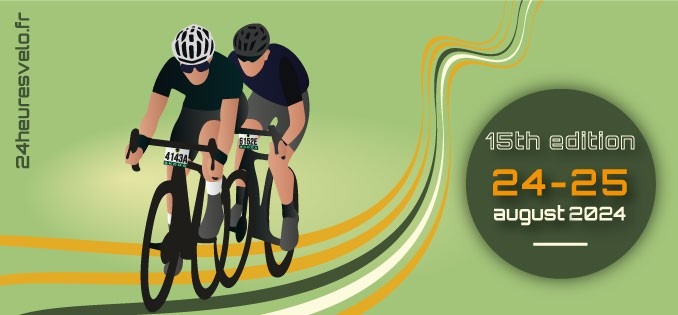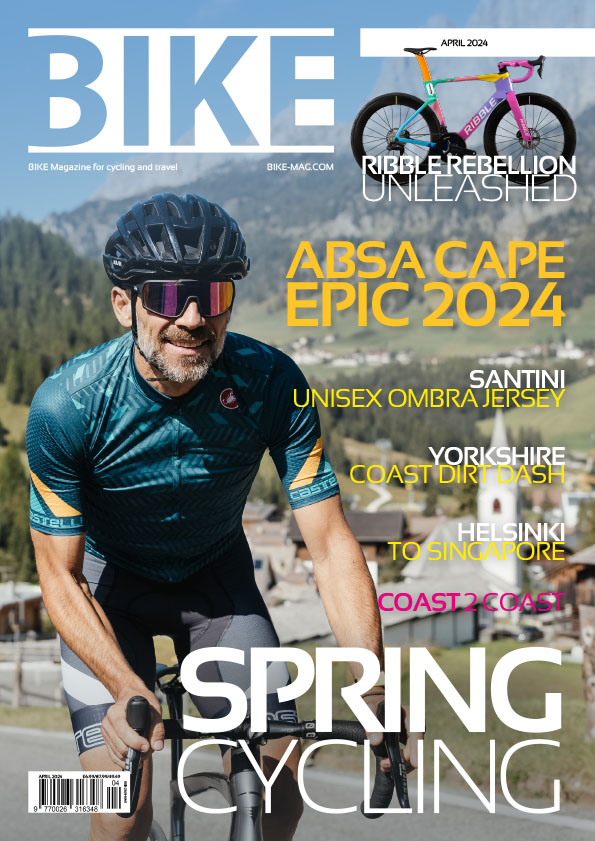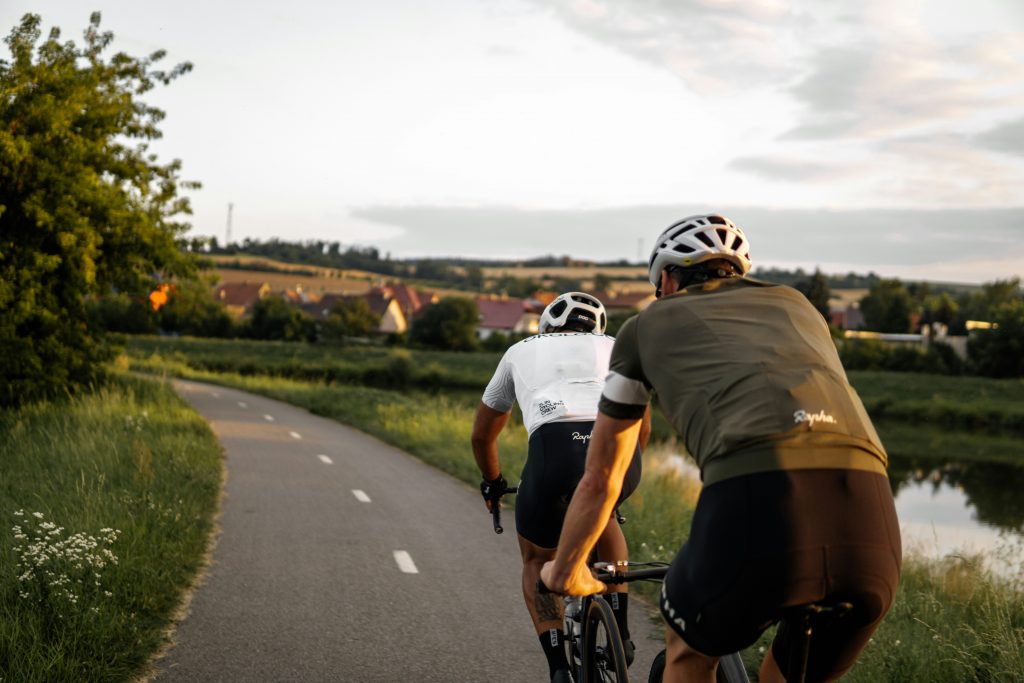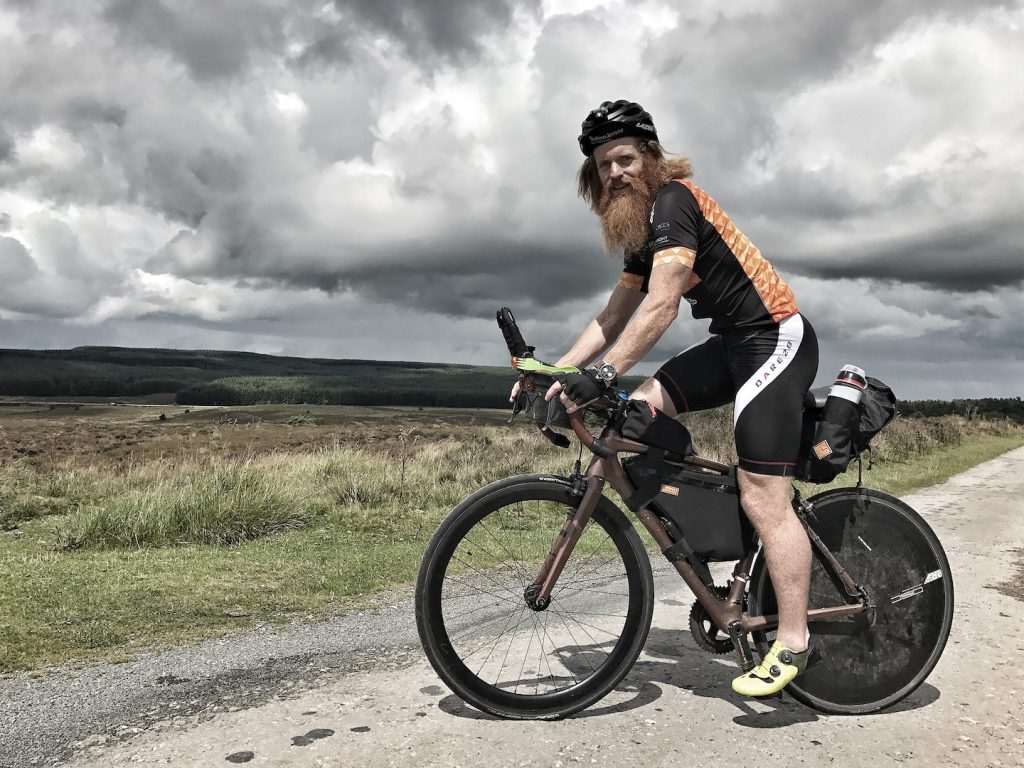Anna Kiesenhofer Strikes Gold
Anna Kiesenhofer holds a PhD in mathematics, works as a researcher in the field of nonlinear partial differential equations, and recently won the women’s cycling road race at the Olympics in Japan against a field of highly paid, professionally competing cyclists for whom the Olympic title is the ultimate goal.
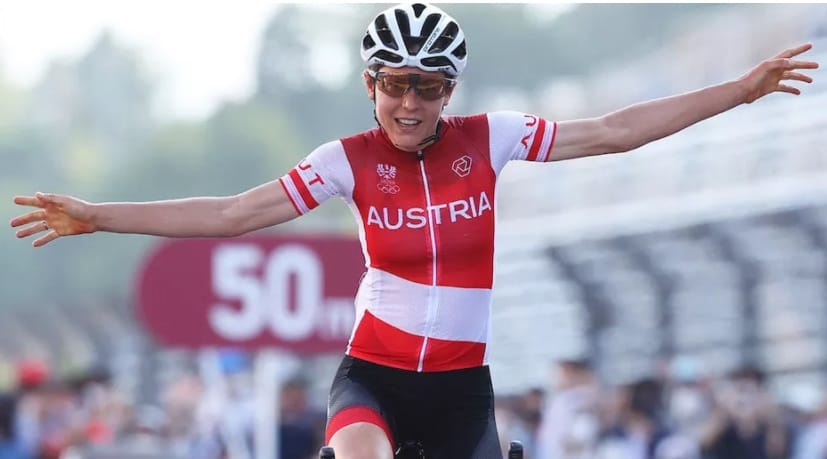
She won because she put everything on the line.
Van der Breggen, Van Vleuten, Demi Vollering, and Marianne Vos are the four women on the Dutch squad who are currently at the top of the sport and are all capable of winning gold.
Perhaps this was the Dutch powerhouse’s downfall: everyone was racing but no one was leading.
Then there’s Anna Kiesenhofer, a well-known 30-year-old Austrian cyclist. She has won the Austrian time trial championships several times in recent years.
However, she is virtually unknown on a global scale.
In 2018, she turned down a professional racing contract in order to focus on her studies and academic career. She continued her training and competed in national and ultramarathons. All by herself as a very well-trained, knowledgeable amateur who excels at cycling in hot weather.
The Austrian women’s team could only field one rider in the road race for the Olympics. Anna was only able to get the ticket to Tokyo because of an internal qualification.
Anna wished to compete in Tokio’s time trial, her favourite type of racing. In this race, each competitor rides alone against the clock. She was, however, only qualified for the road race. So it appears that her strategy was to try to break away from the peloton as soon as possible in order to gain time trial experience.
After a relaxed 10km neutralisation phase behind a lead car (all competitors going the same pace – think of it as a warm-up phase), Anna attacks immediately at the race’s rolling start. When she launches her first successful attack, the 0km sign appears.
With 137km (80mi) to go, an elevation of 2.600m (8.500ft), and brutally hot conditions – 35C (95F) with >90% humidity – she takes a daring risk.
She is joined by four other riders, and the four of them establish a breakaway lead of more than ten minutes. Which is still very manageable for a large field, especially when no big names are in the escape group.
And, as expected, the breakaway group is decimated and snatched up by the main field one by one.
With 40 kilometres to go and 5 minutes ahead of the peloton, Anna decides she’s had enough of the traffic, launches another attack in an ascent, dispatches the last two competitors, and begins her final solo leg of this epic race.
The peloton catches the two cyclists from Poland and Israel 5 kilometres before the finish, but it appears that the peloton never really tries to close the gap to the leader.
And here’s why we’re not attempting to bridge the gap: Anna is well ahead of the pack and is never seen by the peloton; she is literally out of sight and forgotten by the favourites. That is, until Annemiek van Vleuten crosses the finish line in second place 45 seconds later.
You read that correctly: despite finishing 1:15 minutes behind Anna, the favourite van Vleuten throws her arms in the air, clearly overjoyed. Van Vleuten rides straight to her team, the emotion of having just won the Olympic road race engraved on her face.
You may believe that this indicates a catastrophic error in the team’s communication, and you are correct. We have a unique situation in the Olympics in that no team radio is permitted (mainly to level the field for the smaller nations). However, you can communicate using cardboards or by having one of the racers fall back to the support cars and get information.
In any case, such a strong and experienced field should have avoided a 10-minute breakaway in the first place. And failing to account for the missing riders ahead is simply unforgivable – no PhD in mathematics is required for adding up to five.
After a brutal 3h:52m solo effort against the best in the world, the strong but internationally unknown amateur cyclist Anna Kiesenhofer wins Olympic gold.
Anna Kiesenhofer takes gold, Annemiek van Vleuten takes silver, and Elisa Longo Borghini of Italy takes bronze.
She created history for both herself and the Austrian Cycling Federation (she won the first Olympic cycling medal after 125 years – Austrian cyclist Adolf Schmal won the 12 hour race and two more bronze medals in the first modern games in 1896).




